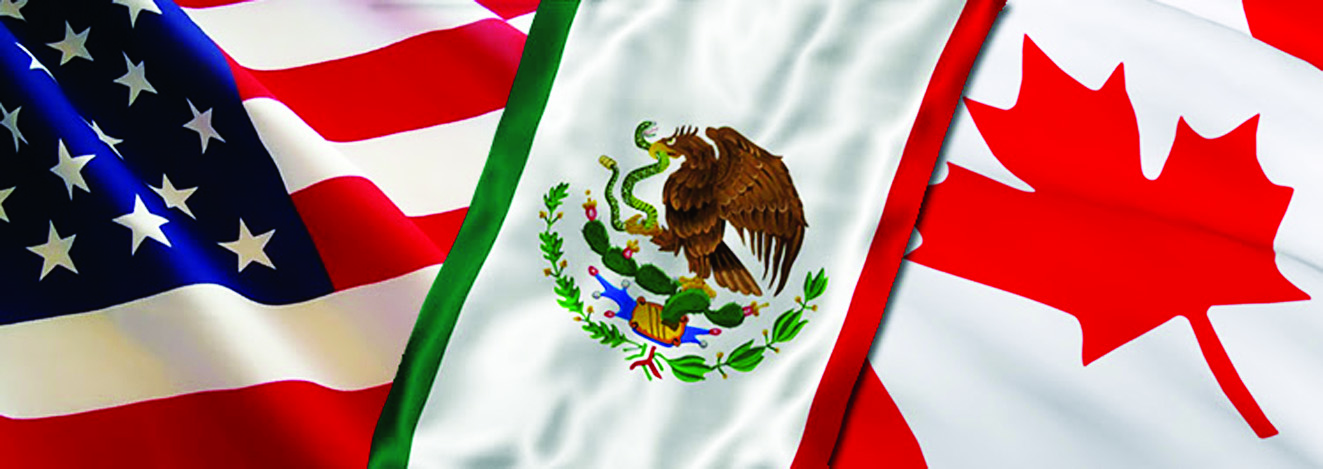Ghizlane Zerzkhane | Contributor
Featured image: The Glendon School of International Affairs, alongside the Canadian International Council, debated the effect the Trump administration’s negotiations will have on NAFTA. | Courtesy of The Washington International Trade Association
On the evening of October 19, a Global Debate took place at the Glendon campus regarding the recent negotiations of the North American Free Trade Act (NAFTA).
In the United States, the Trump administration has challenged NAFTA. Canadian and Mexican politicians have conducted negotiations in the hope of finding a compromise that would meet the standards of Canada, Mexico, and the United States within the updated NAFTA agreement the United States has requested.
The Glendon School of Public and International Affairs, alongside the Canadian International Council, organized a debate on the political implications of the renegotiation.
The debate consisted of three panelists: Laura Dawson, director of the Canada Institute and Wilson Centre and former senior economist at Canada’s United States Embassy; Konrad von Finckenstein, an arbitrator of international and domestic commercial, trade, and investor state disputes, competition issues, and communications; and Stephen Weiss, an associate professor of Strategic Management/Policy and International business with the Schulich School of Business.
Moderator Sam Billard opened the space to Finckenstein, who said: “The United States Congress is in charge of trade agreements, not the administration. The administration is speaking on behalf of Congress.”
Dawson geared the debate towards targeting the flaws of the United States’ negotiations. She stated that there are three distinct factions of the United States that are struggling to control the negotiations: Republicans, who are open to free market trade; those that use forced legal tools to gear trade to their economic benefit—in other words, “they want to keep American money in the United States,” according to Dawson; “and the Trump populists who seek to blame others for the economic struggle in the United States,” she said.
Dawson added: “20 per cent of GDP could fall for Canada if negotiations don’t go well. The destabilizing effect on North America as a whole is going to be huge.”
Weiss posed a critical perspective on the alternatives Canadian negotiators were not taking. “If Canada can’t reach an agreement with the United States—what alternatives does Canada have?” he queried.
Weiss suggests Canada take on a role in relations between the United States and Mexico.
“There is a multi-dimensional relationship between the United States and Canada, leaving Mexico out. This is a three-state trade agreement.”
All three panelists agreed that the Trump administration’s demands made the NAFTA agreement almost impossible to negotiate.
While the debate focused on breaking down the implications of NAFTA negotiations, one Masters of International Affairs student felt it set a different tone on how the NAFTA negotiations are really like: “The debate was very specific in the intricacies of doing a three-way trade, especially with Weiss mentioning Mexico and how it does get complicated. The panelists almost made it seem like less of a crisis, in the way they talked about it—it definitely gave a different perspective.”
The Glendon School of International Affairs, alongside the Canadian International Council, will continue to conduct this series of Global Debates at Glendon throughout the academic year.


